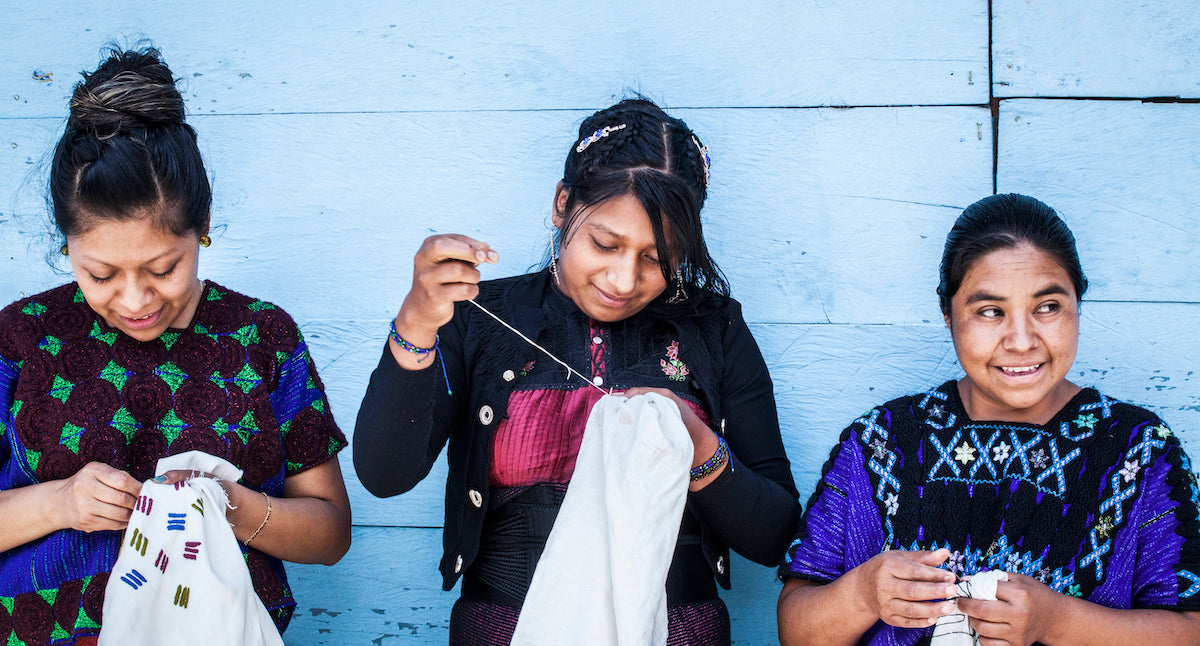The Tzotzil people, descendants of the ancient Mayans, live mainly in the highlands of Chiapas, Mexico. Their language, Tzotzil, is part of the Mayan language family and remains alive despite the influence of Spanish.
Tzotzil society is organized around a system of positions that combines civil and religious roles, ensuring community cohesion. Women play a crucial role in the domestic economy and cultural transmission, wearing colorful traditional costumes as an expression of identity.
The Tzotzil worldview mixes Mayan and Catholic beliefs, emphasizing balance with nature. Agricultural practices and religious festivals are fundamental to their culture.
Crafts, especially textiles, are a vibrant part of the Tzotzil economy, along with subsistence agriculture and tourism.
Despite facing poverty, lack of access to services and discrimination, the Tzotzil people show remarkable resilience, with community efforts and NGO support to improve their living conditions and promote their rights. Tzotzil culture remains a living testimony of resistance and adaptability in a constantly changing world.



